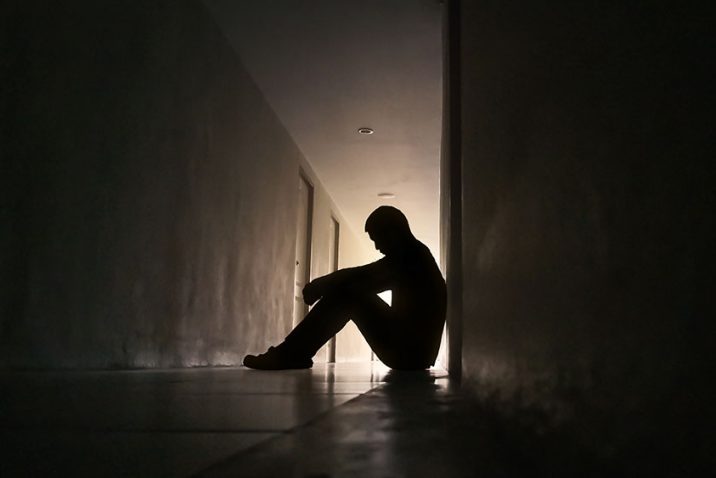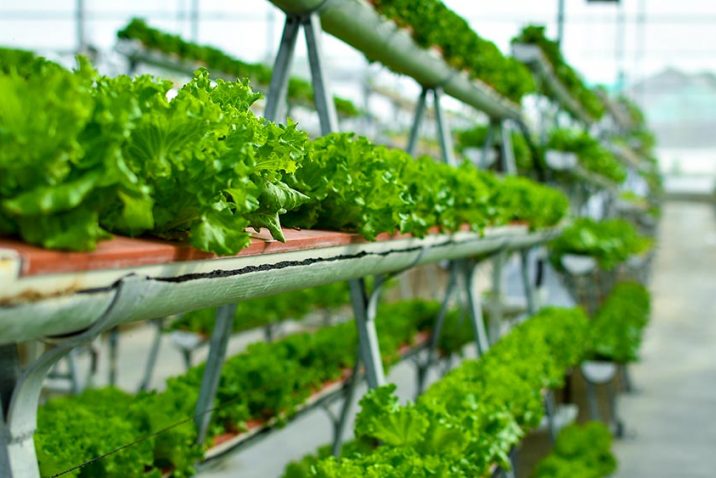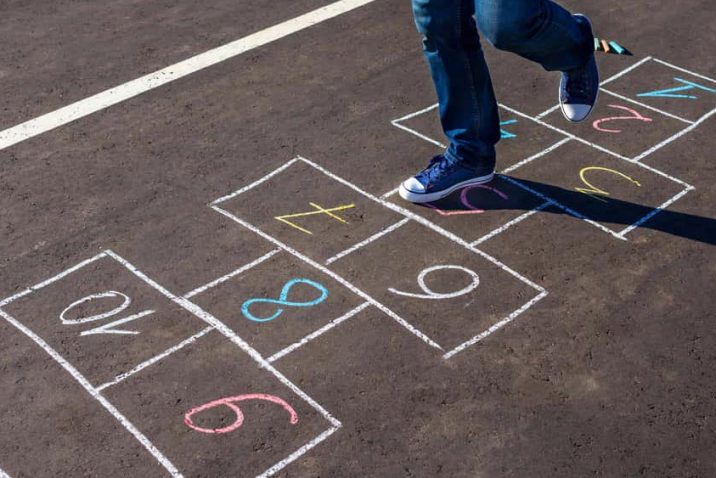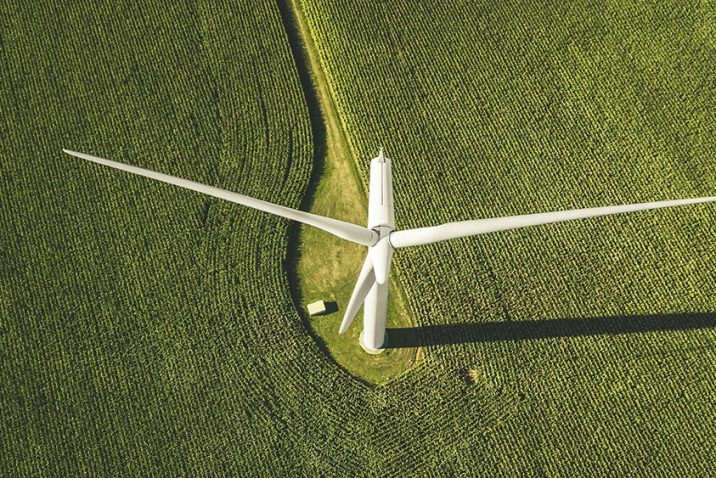Did you know that a considerable amount of fabric gets wasted to make one fashion item? So what you’re wearing right now is a result of a handful of fabric that gets discarded. Shocking, right? Roughly 30% of fabric gets wasted in...
This is part one of a 3-part series on suicide in Japan, where we explore where Japan stands on the issue of suicide today. We see a decrease in the numbers in the past decades, but the hidden truth about how it is affecting Japan’s young is a...
With the introduction of artificial intelligence technologies, farmers can improve the efficiency of their operations. As a result, they can increase the quality and quantity of their harvests while minimizing the environmental impact. In Uganda...
Vertical farming refers to the practice of growing food on vertically inclined surfaces. It is often integrated into places such as warehouses, shipping containers and skyscrapers. Unlike single-level conventional farming, which requires a vast...
More than half of the world’s population currently lives in urban areas. In fact, according to the United Nations’ estimate, 68% will live in urban areas by 2050. Such population growth in urban areas is accompanied by a shift in land use, often...
The world’s plastic waste crisis is a snowballing phenomenon. However, there is also a growth in public awareness and action taken by businesses and organizations. buøy is one such brand. Social Products Award (2021) winner buøy is an upcycle...
We often turn to films, books, comics and news for entertainment, inspiration and information. However, media can also convey troubling messages, particularly with regards to gender. Every country has its own unique issues with media depictions of...
Come 18 March, Ecological Memes will be holding a four-day virtual global forum to promote the return of regenerative strength back to society. In this forum, “Emergence from AWAI: Regenerating Human-Nonhuman Relations,” Ecological Memes wants to...
Six years of elementary school and three years of junior high school: nine years of compulsory education is provided at almost no cost to every child in Japan. Students spend approximately 200 days at school every year, taking 945-980 hours of...
After Fukushima’s nuclear meltdown in 2011, Germany made the decision to shut down all 17 of its reactors by 2022. The country aims to free itself from the risks of nuclear accidents that could linger for an indeterminate period of time...











